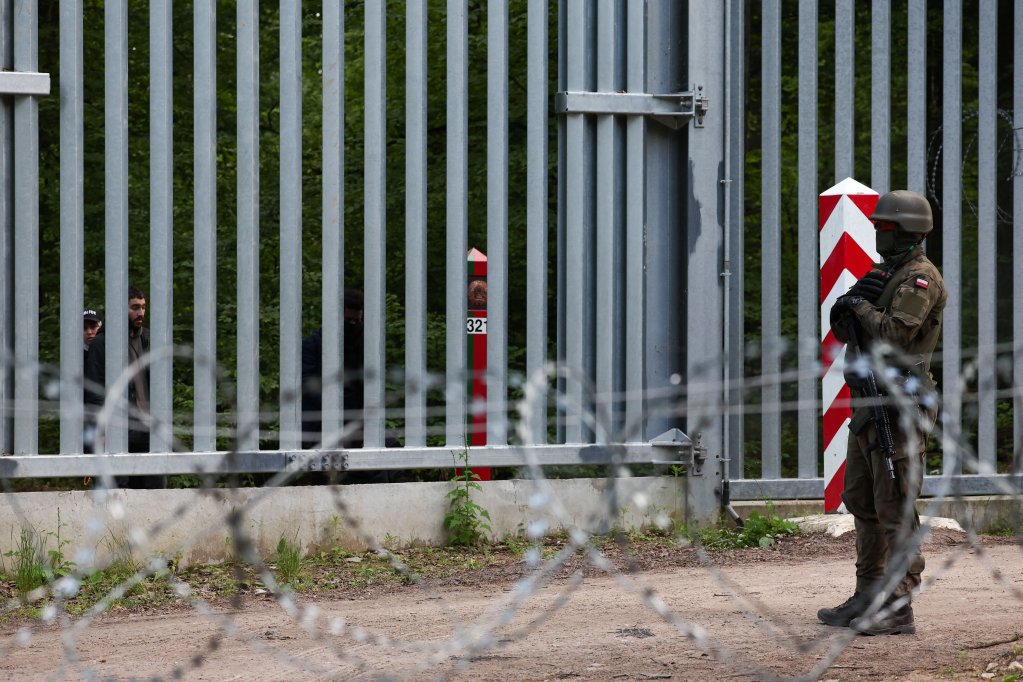A new report by human rights organizations has revealed that over 120,000 migrant pushbacks occurred at the European Union’s external borders in 2024, marking a sharp increase in expulsions and raising concerns about systematic violations of asylum rights.
The coalition of nine NGOs documented at least 120,457 cases where migrants were forcibly removed without access to asylum procedures, often facing violence at the hands of border guards. The report highlights beatings, abandonment at sea, and exposure to life-threatening conditions as common tactics used to deter migrants.
Bulgaria led the list with 52,534 pushbacks to Turkey, followed by Greece (14,482), Poland (13,600), and Hungary (5,713). Latvia, Croatia, and Lithuania also reported thousands of cases. The study also extended to Libya (21,762) and Lebanon (3,768), where EU-backed operations resulted in interceptions preventing migrants from reaching European shores.
The European Commission has faced criticism for enabling these practices, particularly after President Ursula von der Leyen’s €1 billion pledge to Lebanon in May 2024 to manage migration flows. The report argues that pushbacks have become a core feature of EU migration policy, rather than isolated incidents.
Legal scrutiny has intensified, with the European Court of Human Rights (ECHR) ruling against Greece for “systematic” pushbacks. It is now hearing cases against Poland, Latvia, and Lithuania over similar allegations involving Belarus. Poland, in response to increased border tensions, has introduced emergency laws to suspend asylum rights, a move the EU initially condemned but later accommodated under new “exceptional situations” guidelines.
NGOs warn of the increasing “securitization” of migration, where asylum seekers are treated as security threats rather than individuals fleeing hardship. The Polish Ministry of Interior defended border enforcement, citing cases where migrants allegedly attacked guards, including a fatal stabbing of a Polish soldier in 2023.
With pushbacks now a routine part of EU border enforcement, the report calls for urgent action to uphold fundamental human rights. However, with growing political support for stricter border policies, reversing these trends may prove challenging.

